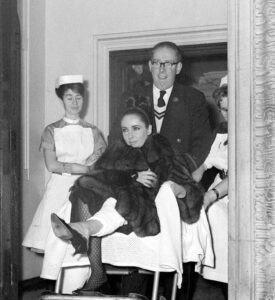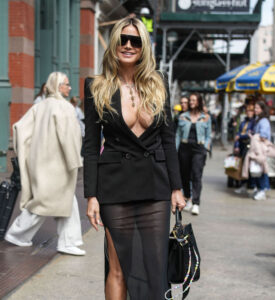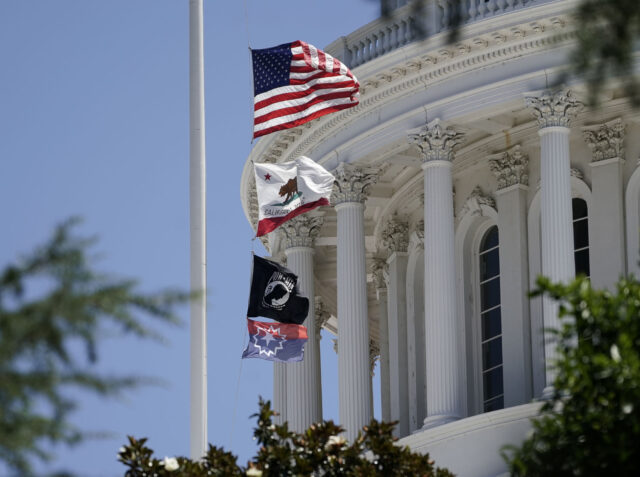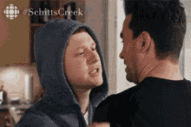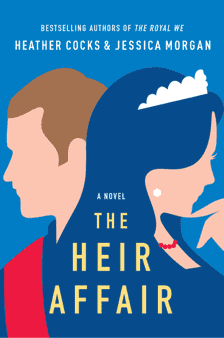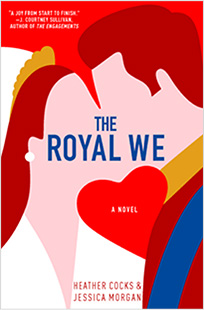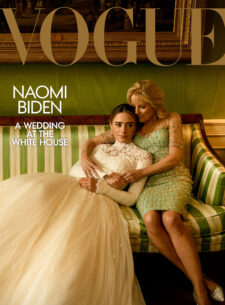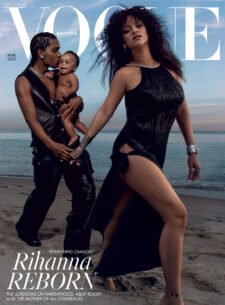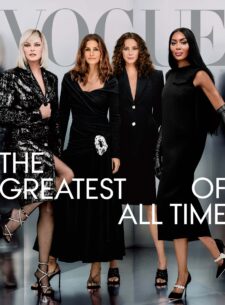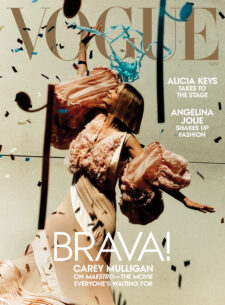Greetings. We forgot to mention in Fugs & Pieces on Friday that we wouldn’t be posting as normal today, because it’s the day the U.S. is observing the federal Juneteenth holiday — which was only made official last year. In the above photo, the blue and red banner — shown here flying at the California state Capitol in Sacramento — is the Juneteenth flag.
If you’re not in the U.S., you might not know about Juneteenth — and the sad fact is, even if you are in the U.S., this may also be true (or you may only recently have heard of it). Part of the problem is how selective and inconsistent the teaching of history is; to use myself as an example, none of the educational institutions I attended — and I’m including college, where I was an American Studies major and took classes specific to this time period — even mentioned the word “Juneteenth,” much less told us about it. I’m embarrassed by that, both on their behalf and on my own. In simple terms, Juneteenth honors June 19, 1865, the date when enslaved Black people in Texas learned they were free… two and a half years after the Emancipation Proclamation went into effect. Though not all states received the news at the same time, Black Americans for years have rallied around Juneteenth as a kind of second Independence Day, with the first such celebrations marked in 1866. It’s unfortunately only recently that everyone else caught up on its significance.
The National Museum of African-American History and Culture has a Juneteenth primer that includes suggested reading and resources for discussing it with your kids, and reporter Derrick Bryson Taylor wrote one for The New York Times. TIME spoke to Black activists, many of whom fought to have it recognized as a federal holiday, about how to honor the day. It ends thusly:
But Juneteenth activists also hope that the holiday will encourage people to talk about what is needed to end racial disparities year-round. “Juneteenth ain’t a Black thing, not a Texas thing. It’s about freedom for everybody,” says [95-year old activist Opal] Lee. “As long as we have joblessness, homelessness, and health care that some can get and others can’t, and climate change—all these things need to be addressed for us to be free.”
And to my earlier point about education: The fact that Juneteenth slid under so many radars is just one symptom of how history curricula are created through a very white lens. Things like the Critical Race Theory academic framework and Nikole Hannah-Jones’s 1619 Project try to combat this, but both have been unjustly weaponized by bad-faith actors who misrepresent what their purpose is. The NAACP Legal Defense Fund has a page explaining what Critical Race Theory is and isn’t, and John Oliver’s writers also put together an excellent episode about this.
If you have other resources or reading to share, please do so in the comments (just as a reminder, if you include a link in your comment, the system automatically puts it into moderation, but that will be temporary and your comment will appear shortly). Thank you so much, and we’ll see you tomorrow.

